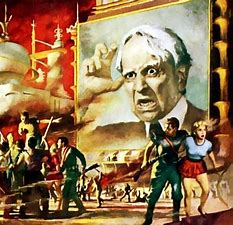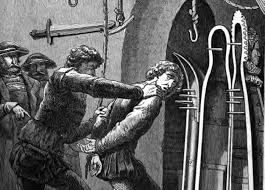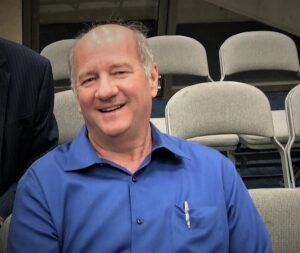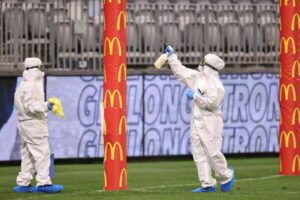PJ Media reports that Homeland Security Secretary Alejandro Mayorkas “is working with the social media giants to combat “misinformation,” which all too often recently has come to mean “dissent from the establishment political and media line.” What about the First Amendment? They’re working on ways to get around it.”
Brad Stone, senior executive editor for Bloomberg News, asked Mayorkas if he considered “misinformation” a “part of your mandate at DHS, and how much resources are you devoting to fighting misinformation such as election falsehoods or Covid disinformation?”
Mayorkas responded: “I think that’s very much within, uh, our domain, uh, misinformation, uh, pointedly, disinformation have very serious and significant ramifications for homeland security. The integrity of our election system, the security of our election system is a prime example of that. And so, um, our office of Strategy, Policy, and Plans under Rob Silver’s leadership, CISA [Cybersecurity and Infrastructure Security Agency] under Jen Easterly’s leadership, uh, John Cohen leading, uh, the office of intelligence and analysis, uh, in an acting capacity, Samantha Winograd, a senior counselor to the Secretary and our Acting Assistant Secretary for Counterterrorism, these are individuals very much involved in their respective workforces, very much involved in addressing misinformation, disinformation, and the threats that they pose to the homeland.”
Bloomberg’s Brad Stone did not press Mayorkas about how much money was being spent on combating “misinformation.” Instead Stone asked a softball question about Mayorka’s personal dislike of misleading information. (Mayorka said he indeed disliked misinfo.)
Remember that the Church Committee in the 1970s found that THE MAJORITY of the CIA’s budget was directed at propaganda rather than spying.











